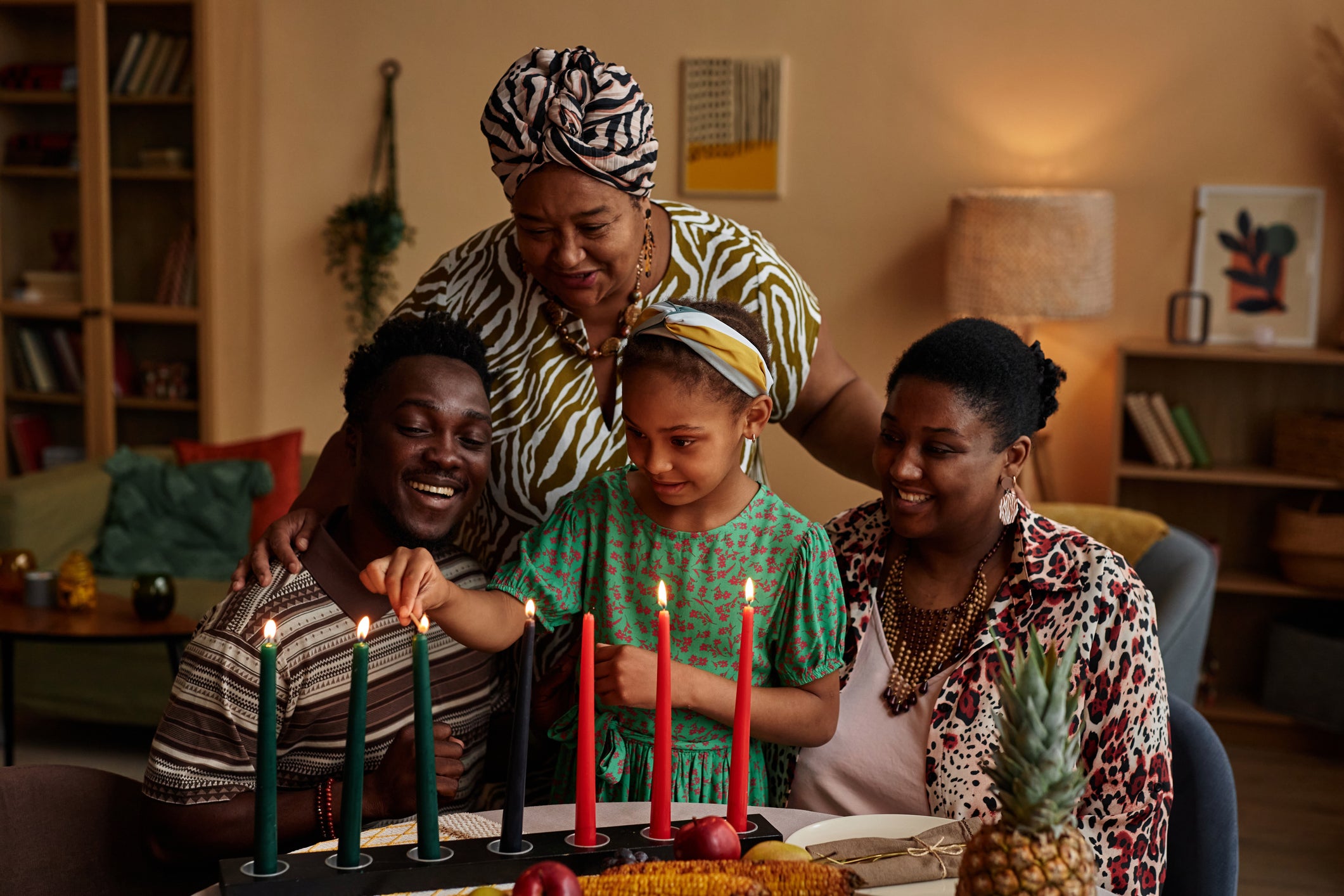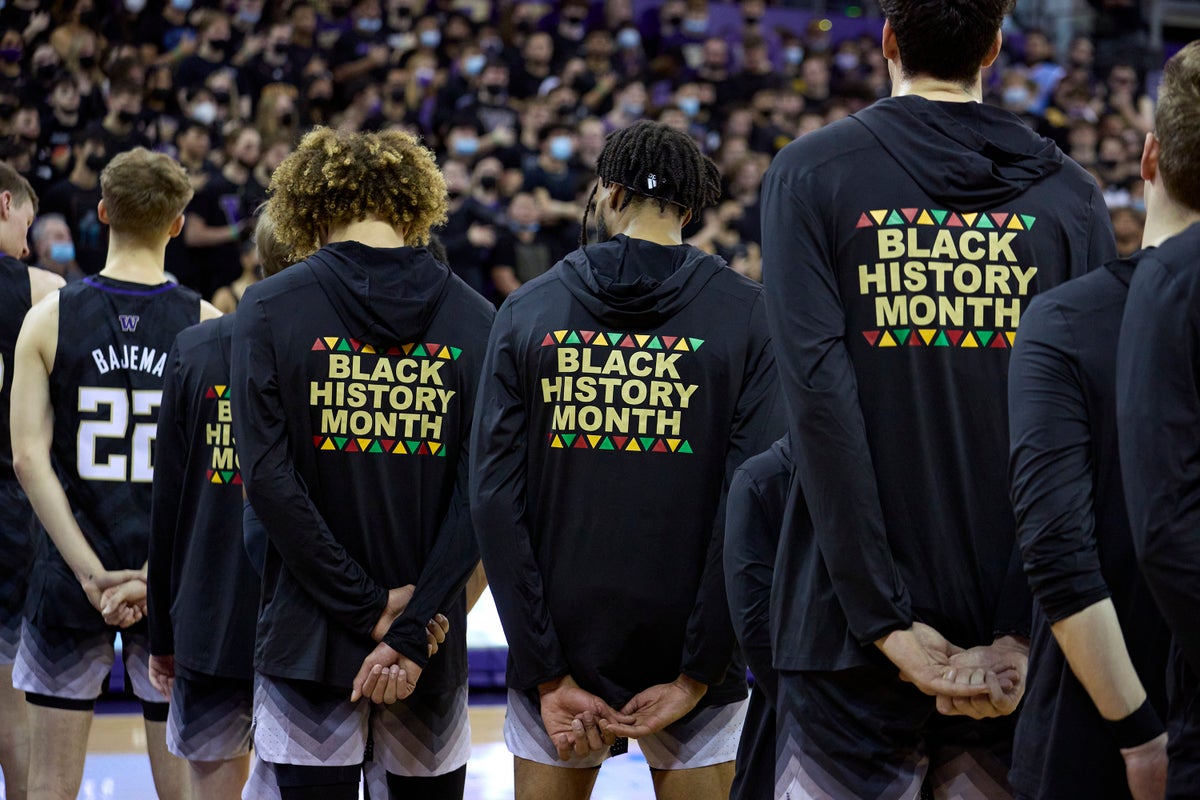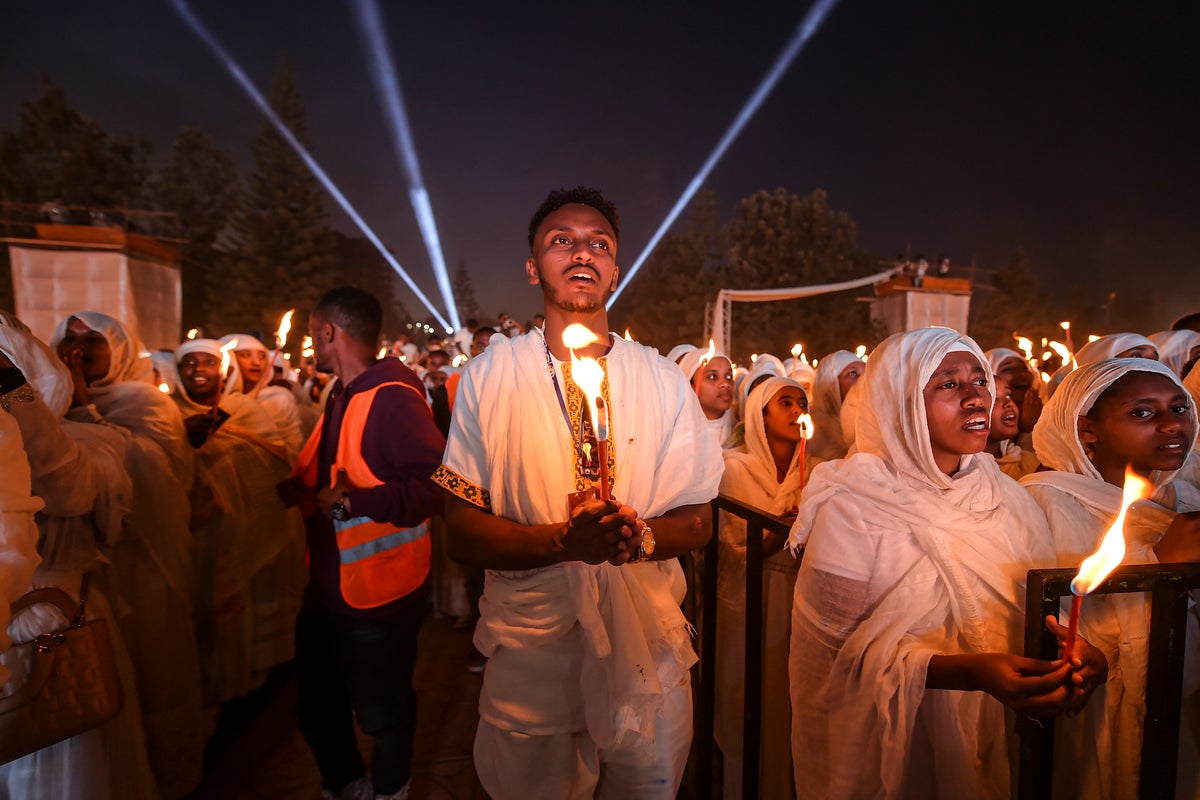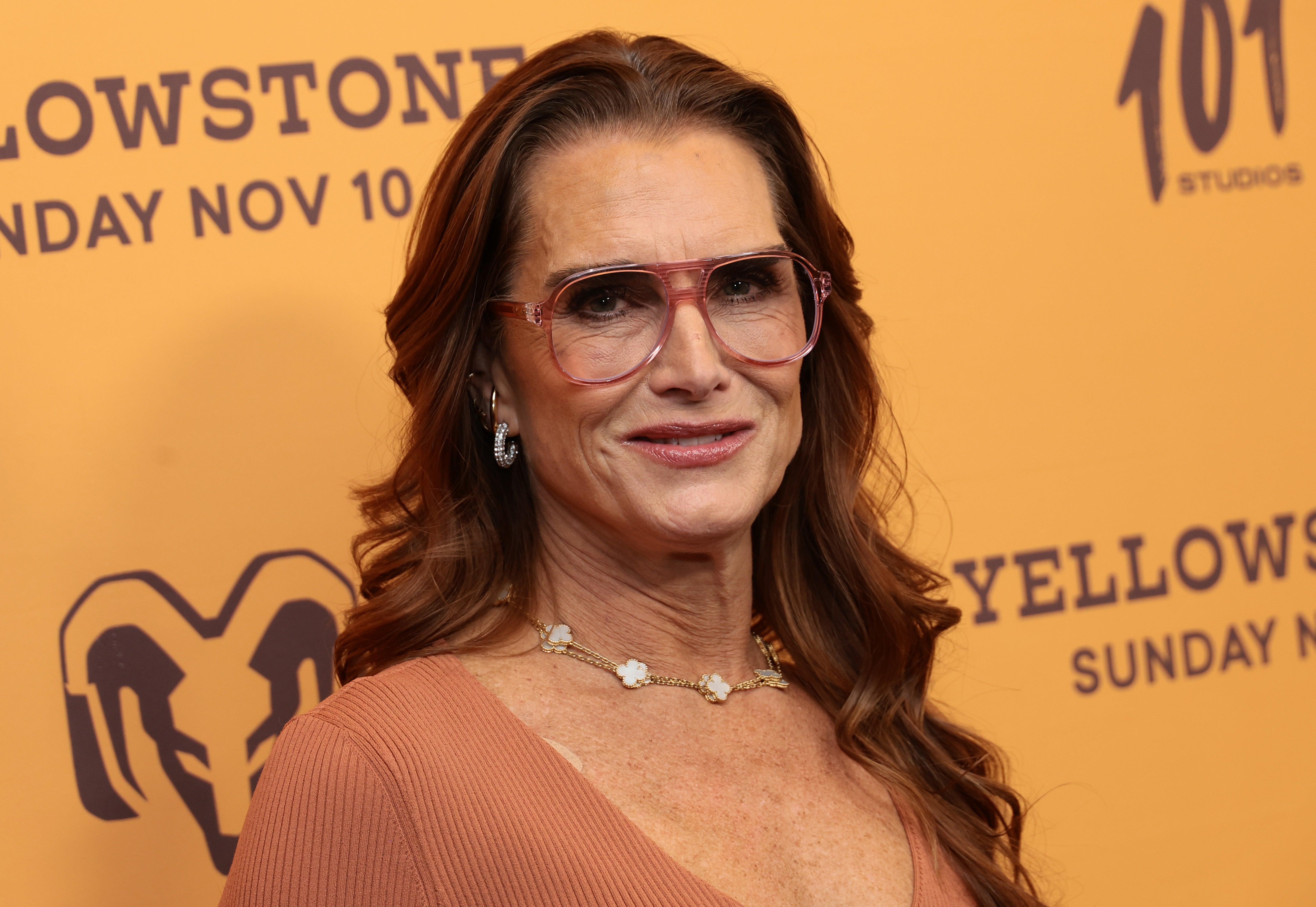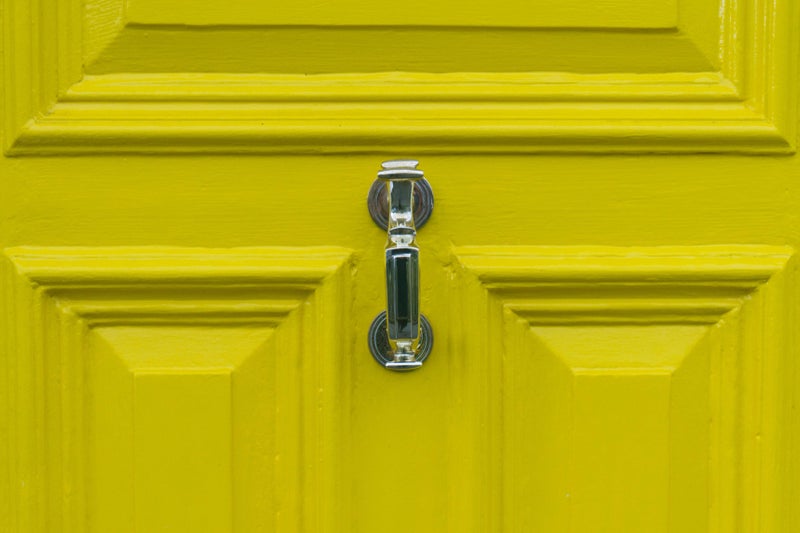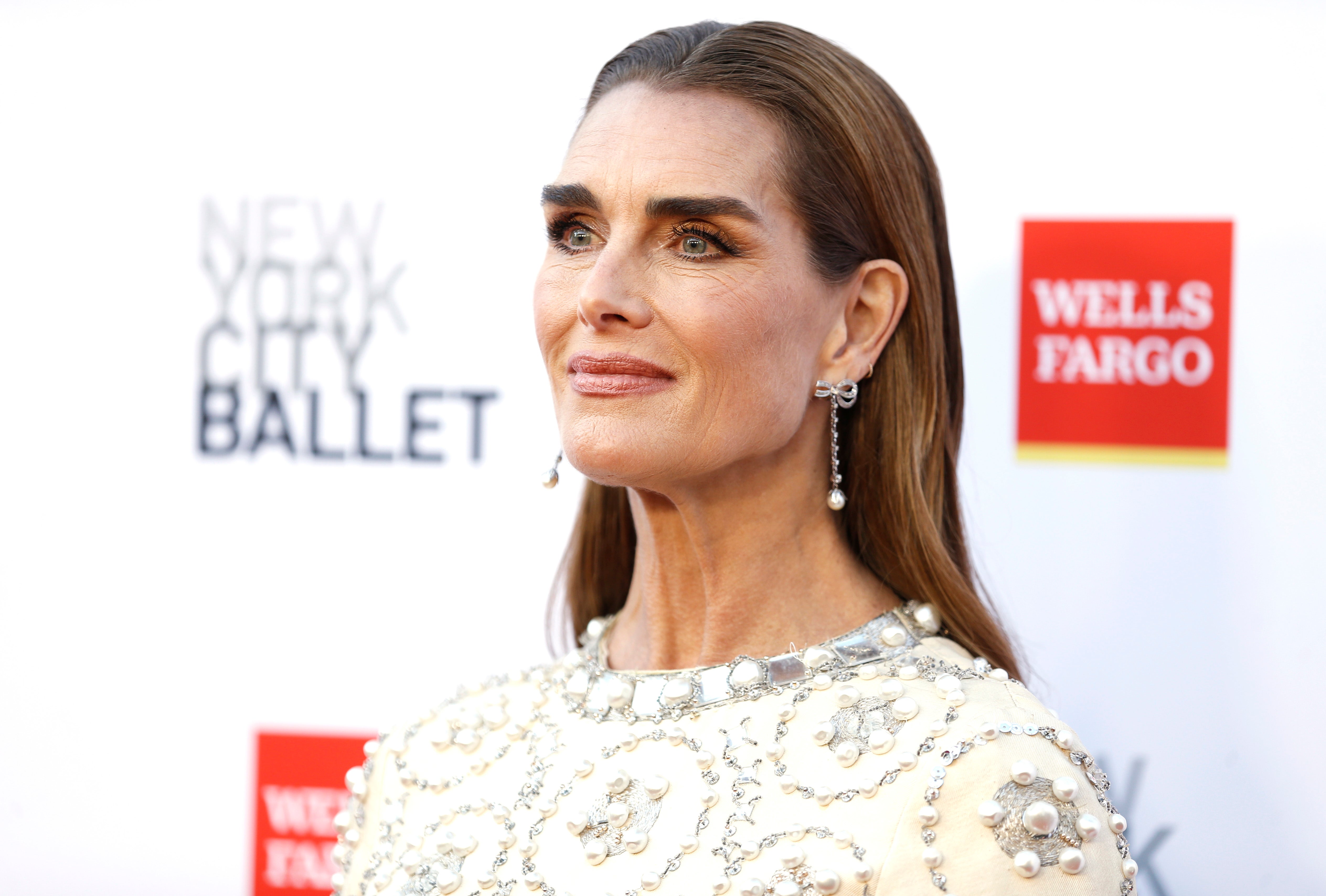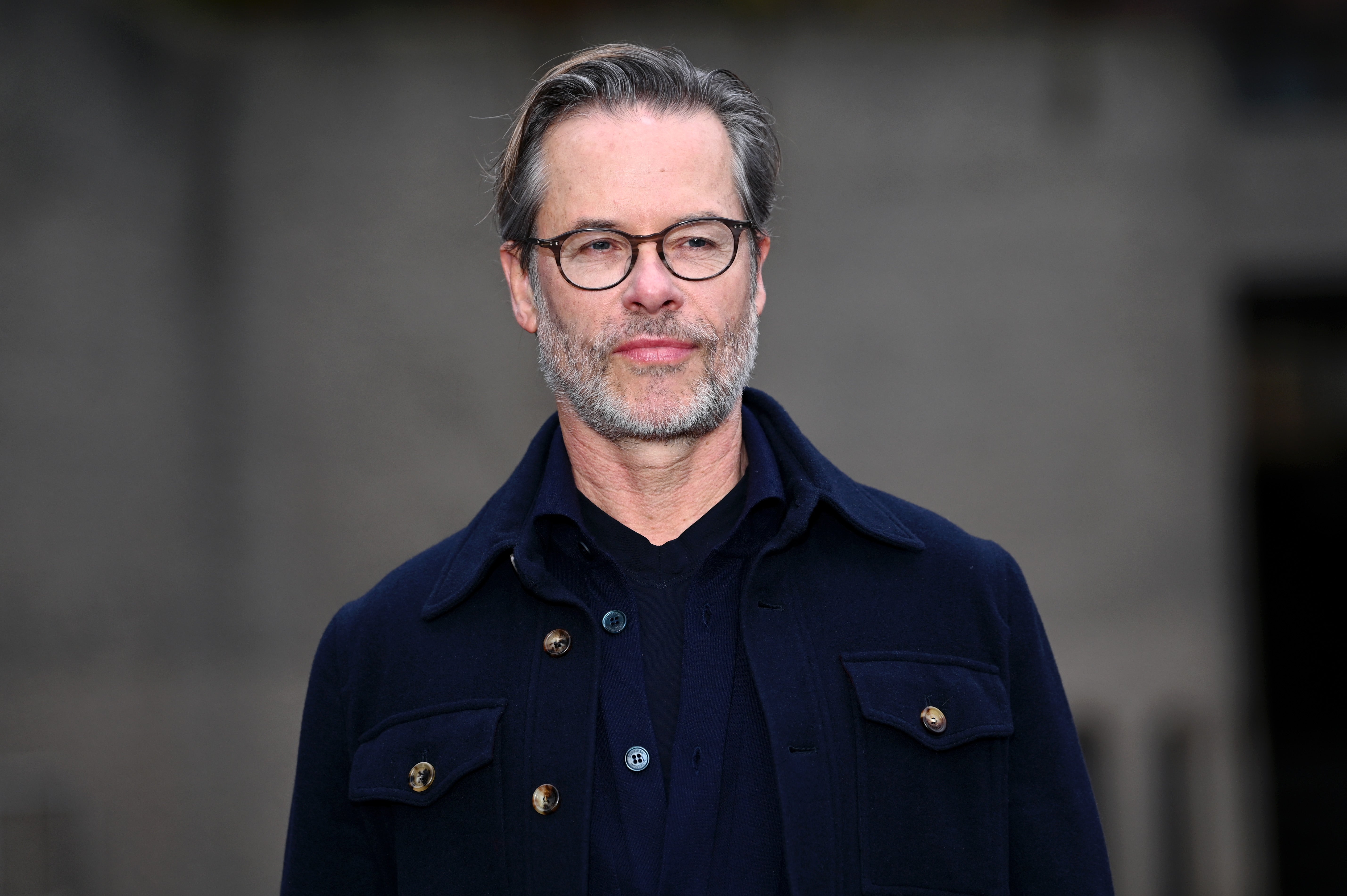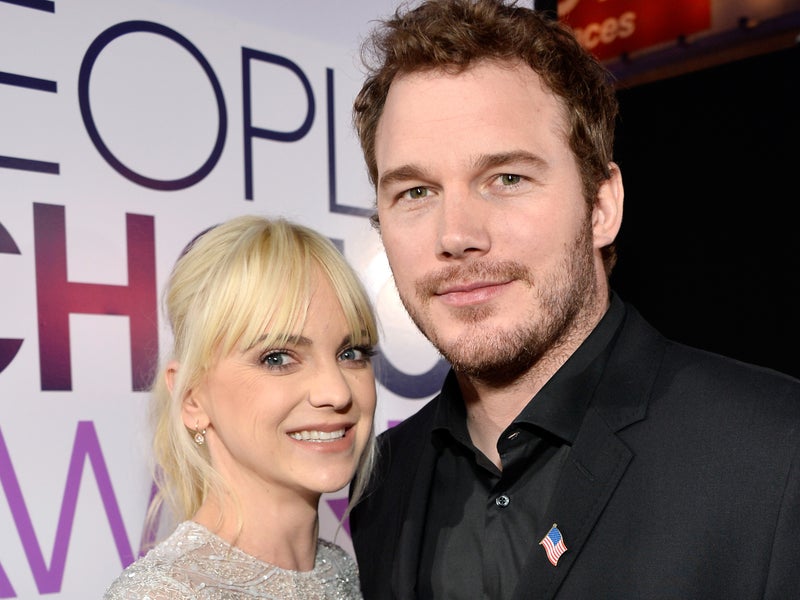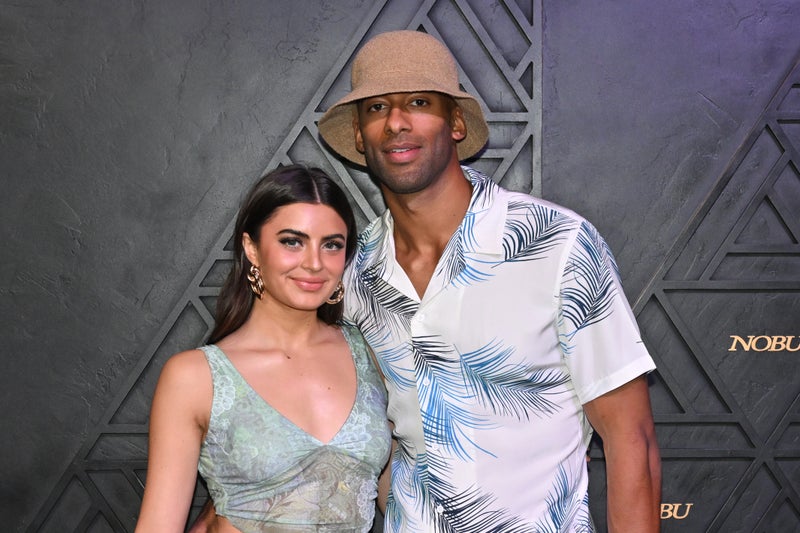The annual celebration of African heritage lasts seven days. Every year on December 26, the annual commemoration of African-American culture that is Kwanzaa begins. Observed predominantly in the US and across nations of the African diaspora in the Americas, people celebrating Kwanzaa honour their African ancestry by exchanging presents and enjoying a large feast with loved ones.
![[Kwanzaa comes from the Swahili phrase ‘ matunda ya Kwanza ,’ meaning ‘first fruits of the harvest’]](https://static.independent.co.uk/s3fs-public/thumbnails/image/2018/12/27/09/kwanzaa.jpg)
While Kwanzaa occurs around the time of other festive holidays such as Christmas and Hanukkah, it isn’t associated with a religion. The festival was founded by Maulana Karenga, an author and activist who was involved with the Black Power movement in the 1960s and 1970s.
It was first celebrated just over a half a century ago, in an effort to instil racial pride and unity within the black community. Kwanzaa was created by Karenga in 1966. Karenga was an activist during the 1960s, co-founding the black nationalist US Organisation in 1965.
Kwanzaa is a celebration of community, family and culture that was established as a way for African-Americans to reconnect with their roots and heritage. Kwanzaa has been compared to Juneteenth, an American holiday that occurs on June 19 to commemorate the abolition of slavery in the US state of Texas in 1865.
Kwanzaa occurs over the same seven days every year, from December 26 until January 1. These seven principles are called Nguzo Saba, otherwise known as the “seven principles of African Heritage”. These principles are Umoja (unity), Kujichagulia (self-determination), Ujima (collective work and responsibility), Ujamaa (co-operative economics), Nia (purpose), Kuuma (creativity) and Imani (faith).
